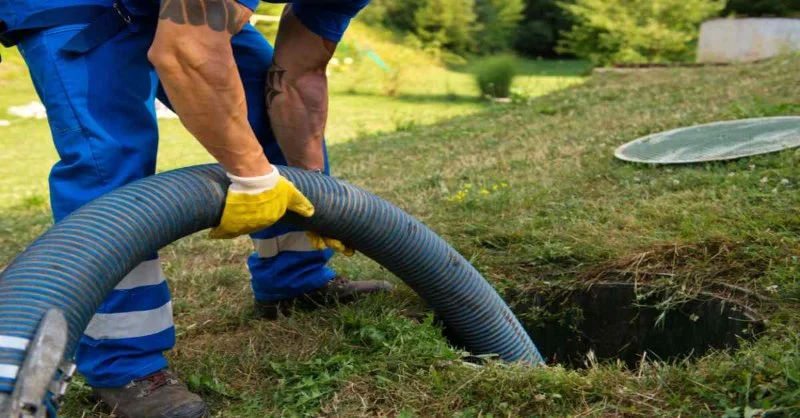
How to Clean Out a Septic Tank Safely and Effectively
- 1- Why Clean Your Septic Tank?
- 2- Steps to Clean Out a Septic Tank Safely
- 3- Regular Septic Tank Maintenance Tips
- 4- Common Mistakes to Avoid During Septic Tank Cleaning
- 5- When to Call a Professional for Septic Tank Cleaning
Why Clean Your Septic Tank?
A septic tank is a crucial part of your home's wastewater system. Over time, solid waste builds up in the tank, and if not cleaned out, it can lead to blockages, backups, and even system failure. Regular cleaning is essential to prevent costly repairs and maintain a healthy, functioning system. Not cleaning your septic tank can result in overflows, odors, and contamination of your groundwater. Understanding how to clean your septic tank safely and effectively is key to preserving the longevity of your septic system.
Steps to Clean Out a Septic Tank Safely
Cleaning a septic tank requires careful attention to safety and proper technique. Follow these steps to ensure that the cleaning process is done safely and effectively:
- Step 1: Locate Your Septic Tank: The first step is to find the location of your septic tank. Typically, it is located in your yard, but its exact position can vary depending on your property's layout.
- Step 2: Empty the Tank: Open the septic tank access lid carefully, and remove the solids and liquids that have accumulated. You can do this by pumping out the contents with a specialized vacuum truck. This step is typically done by professionals to ensure safety.
- Step 3: Inspect the Tank: While the tank is empty, check the condition of the tank, including the baffles and inlet/outlet pipes. Look for cracks or any signs of wear that might indicate a need for repair.
- Step 4: Clean the Tank: Once the tank is emptied and inspected, clean it thoroughly. This may involve scraping off sludge that has accumulated on the sides or using a high-pressure jet to ensure that the interior is clear of debris.
- Step 5: Refill the Tank: After cleaning, refill the tank with clean water to help the system function properly. This step also helps in maintaining the appropriate water level for efficient operation.
Regular Septic Tank Maintenance Tips
Regular maintenance can extend the lifespan of your septic tank and prevent major issues. Here are a few tips to keep your system running smoothly:
- Pump Your Septic Tank Regularly: Have your septic tank pumped every 3-5 years, depending on the size of your tank and the number of people in your household.
- Avoid Chemical Drain Cleaners: Harsh chemicals can disrupt the natural bacteria in your septic system, which are essential for breaking down waste.
- Use Water Wisely: Minimize water usage by fixing leaks, using water-efficient appliances, and spreading out laundry loads throughout the week to prevent overloading your system.
- Monitor the Drain Field: Ensure that the area around your drain field is not clogged with debris, and avoid planting trees or shrubs near the drain field to prevent root intrusion.
Common Mistakes to Avoid During Septic Tank Cleaning
Cleaning your septic tank can be a straightforward process, but there are several common mistakes you should avoid:
- Neglecting Regular Cleaning: Putting off septic tank cleaning can lead to serious issues like clogged pipes, system backups, or costly repairs.
- Using Harmful Chemicals: Avoid using chemicals that could harm the bacteria in your septic system. Stick to septic-safe products to protect the health of your tank.
- Overloading the System: Do not overload your septic system with excessive waste, water, or large amounts of non-biodegradable materials.
When to Call a Professional for Septic Tank Cleaning
While many homeowners can handle the basic maintenance of their septic tanks, it’s important to know when to call a professional. If you notice foul odors, slow drainage, or sewage backups, it’s time to call in a professional to inspect and clean your system. At Plumbers Supply Hub, we offer expert advice and help you find trusted professionals who specialize in septic tank maintenance. Regular professional inspections and cleaning can prevent costly issues and keep your septic system running smoothly for years to come.

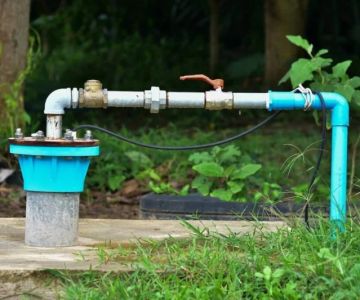
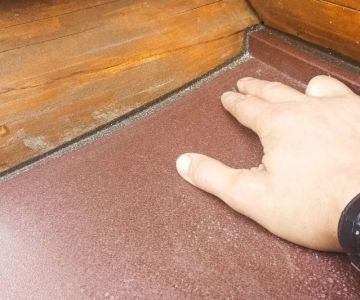
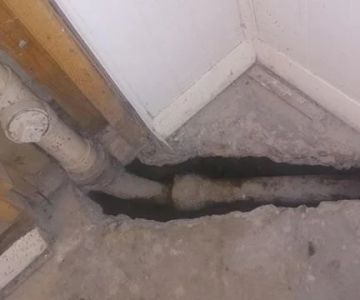
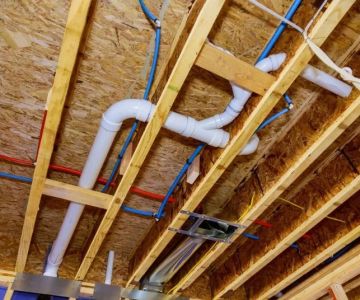
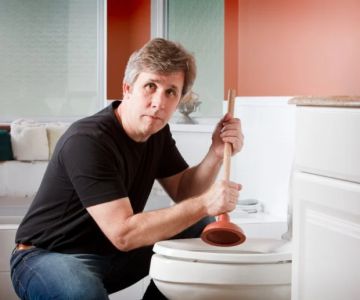
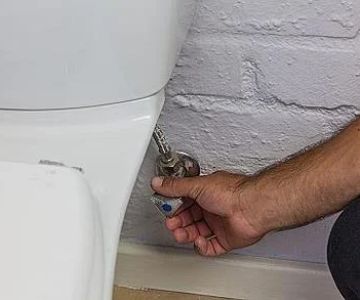
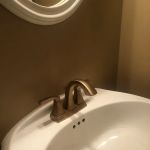 Aaron's Plumbing4.0 (658 reviews)
Aaron's Plumbing4.0 (658 reviews) Rivera plumbing and rooter service license #10418894.0 (17 reviews)
Rivera plumbing and rooter service license #10418894.0 (17 reviews) Carlong Plumbing Solutions4.0 (258 reviews)
Carlong Plumbing Solutions4.0 (258 reviews) Roto-Rooter4.0 (429 reviews)
Roto-Rooter4.0 (429 reviews) Alberto's Plumbing4.0 (61 reviews)
Alberto's Plumbing4.0 (61 reviews) Pro Master Plumbing And Rooter0.0 (0 reviews)
Pro Master Plumbing And Rooter0.0 (0 reviews)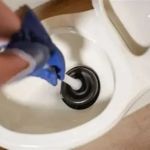 Steps to Unclog a Toilet That Won’t Flush Properly
Steps to Unclog a Toilet That Won’t Flush Properly How to Replace a Shower Glass Door Without Causing Leaks
How to Replace a Shower Glass Door Without Causing Leaks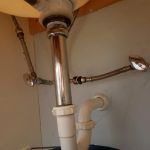 How to Replace a Sink Overflow Tube: A Complete Step-by-Step Guide
How to Replace a Sink Overflow Tube: A Complete Step-by-Step Guide When to Call a Professional for Sewer Line Issues
When to Call a Professional for Sewer Line Issues How to Choose the Best Faucet for Water Savings
How to Choose the Best Faucet for Water Savings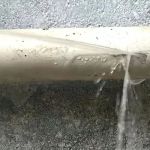 How to Repair a Cracked Pipe Without Replacing It
How to Repair a Cracked Pipe Without Replacing It